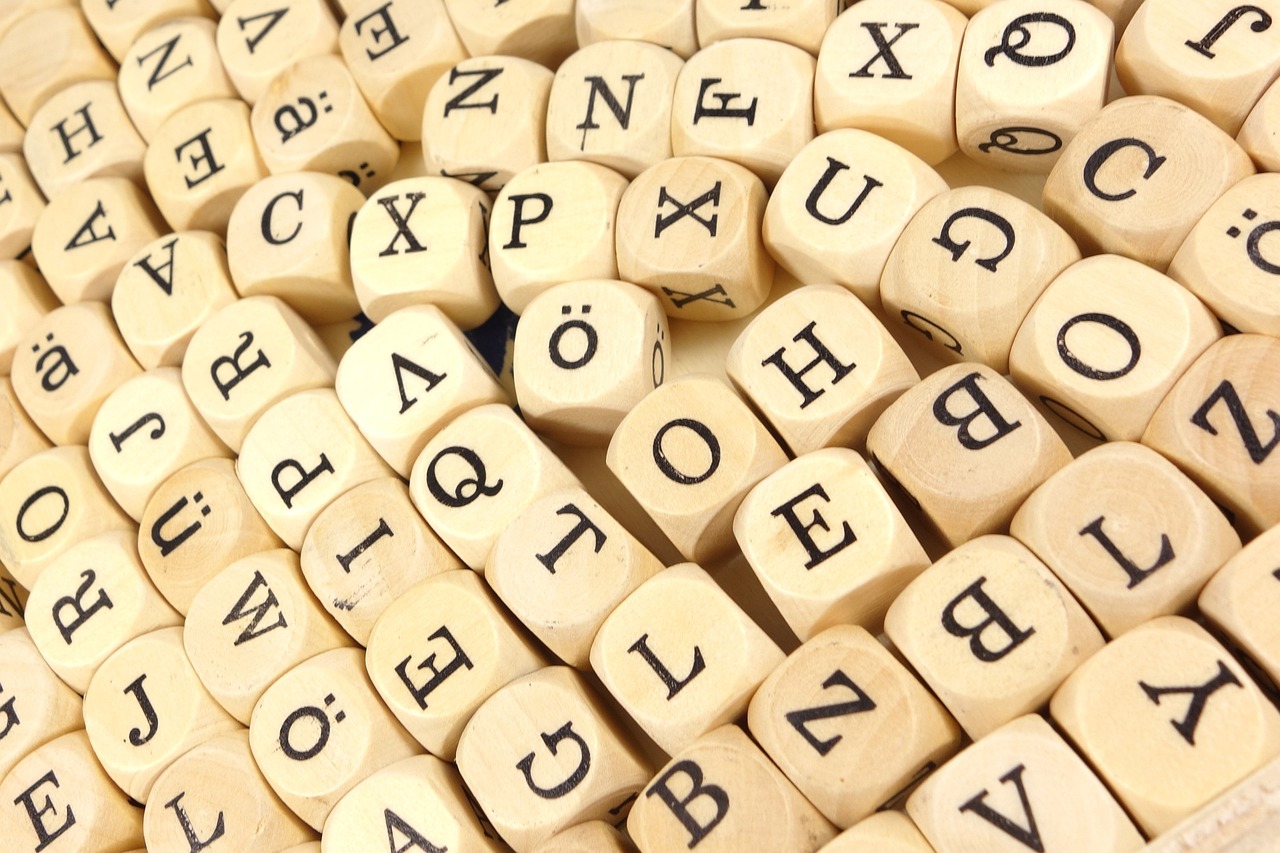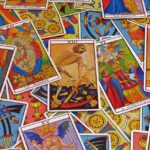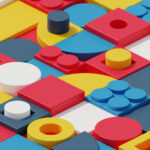Crossword puzzles, the enigmatic and cerebral games that have captivated word enthusiasts for decades, often pose intriguing challenges. Among these challenges, deciphering cryptic clues stands out, demanding a blend of wit, language prowess, and lateral thinking. One such intriguing crossword clue that has puzzled many enthusiasts reads, “You should be ashamed.” After much contemplation and scratching of heads, the answer emerges as “THATSDESPICABLE,” a phrase laden with disdain and reproach. This article delves into the intricacies of this cryptic puzzle, exploring the depths of its linguistic origins, its relevance, and the broader cultural connotations it carries.

Decoding the Cryptic Enigma
The crossword puzzle, a timeless pastime that traces its roots back to the early 20th century, has consistently intrigued and challenged wordsmiths worldwide. The clue “You should be ashamed” is a testament to the puzzle’s ability to encapsulate complex emotions within a handful of words. The solution, “THATSDESPICABLE,” not only aligns perfectly with the clue’s intent but also offers a glimpse into the psychology of shame.
The Power of Words: Unveiling the Meaning
Defining “Despicable”
At the heart of the crossword clue lies the word “despicable.” It finds its origins in the Latin word “despicari,” meaning “to despise.” Merriam-Webster defines it as deserving to be despised, contemptible, or mean. Therefore, when someone is described as despicable, it implies a strong sense of shame or disapproval, perfectly encapsulating the essence of the clue.
Shame as a Social Construct
Shame, a complex and multifaceted emotion, holds significant importance in human society. Rooted in societal norms and cultural values, shame often acts as a moral compass, guiding individuals towards acceptable behavior. The crossword clue’s assertion, “You should be ashamed,” taps into this societal construct, urging individuals to reflect on their actions or decisions critically.
The Cultural Context: Shame Across Cultures
Eastern vs. Western Perspectives
The perception of shame varies significantly across cultures. In Eastern cultures, shame is often linked to the concept of losing face or bringing dishonor to one’s family or community. In contrast, Western societies tend to focus on personal guilt, emphasizing individual responsibility. Understanding these cultural nuances provides depth to the crossword clue’s universality, transcending cultural boundaries to evoke a common sentiment.
Shame in Literature and Media
Literature and media have long explored the theme of shame, depicting characters whose actions lead to profound disgrace. Classic works like Nathaniel Hawthorne’s “The Scarlet Letter” and contemporary movies like “American History X” delve into the repercussions of shame, unraveling its impact on human behavior. Such portrayals enrich our understanding of the crossword clue’s depth, connecting it to a vast cultural tapestry.
Navigating Modern Society: Shame in the Digital Age
Social Media and Public Shaming
The advent of social media has introduced new dimensions to shame, giving rise to phenomena like online shaming and cancel culture. Individuals can now face public scrutiny for their actions, magnifying the repercussions of shameful behavior. The crossword clue’s timeless relevance echoes in the age of digital accountability, reminding us of the consequences that come with societal disapproval.
Empathy and Shame
Empathy, the ability to understand and share the feelings of another, plays a pivotal role in mitigating shame. In a world where shame can sometimes be weaponized, fostering empathy becomes crucial. The crossword clue’s implicit call for self-reflection underscores the importance of empathy, encouraging individuals to consider the impact of their actions on others and society at large.
Conclusion
In the realm of crossword puzzles, every clue is a miniature enigma, inviting solvers into a world where words weave intricate tales of meaning and emotion. The clue “You should be ashamed,” culminating in the answer “THATSDESPICABLE,” transcends the boundaries of the grid, resonating with the depths of human experience. It taps into the universal theme of shame, prompting us to reflect on our actions, empathize with others, and navigate the intricate web of societal expectations.
So, the next time you encounter a cryptic crossword clue, remember the profound narratives it encapsulates. Behind those seemingly innocent words lies a universe of emotions, cultural nuances, and human experiences, waiting to be deciphered by the keen minds of puzzle enthusiasts. And perhaps, in unraveling these linguistic mysteries, we gain not only a sense of accomplishment but also a deeper understanding of the world and ourselves.




